It seems like I am entering a new stage as a father. Or maybe it’s more accurate to say I’m already in the middle of it.
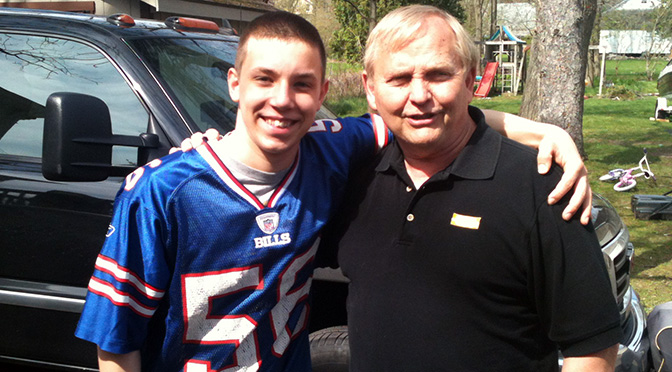
Today is Father’s Day, and that has me thinking of what it means to be a father.
It’s certainly not just this particular holiday that stirred these thoughts. My conversations lately have been laden with question, wondering, weighing, judging my own thoughts and actions toward my children. This has been equalled by a deeper appreciation for the two men who are fathers to me. (And maybe even the generations before me, though the perceived impact is less direct.)
To raise a person is a humbling process.
The most notable changes (to me) deal completely with personhood. Years ago, I was mostly relied upon to change diapers, feed mouths, and manage the funding to pay for daily and yearly needs. As the Small Ones grew, so did my input to their lives. Reading, teaching, listening, discussing, reprimanding, exhorting, challenging, cheering. All these things I have done, and still do.
And through each stage, I have consistently—in times of reflection—become more aware of what my father not only did for me, but also felt and experienced, too.
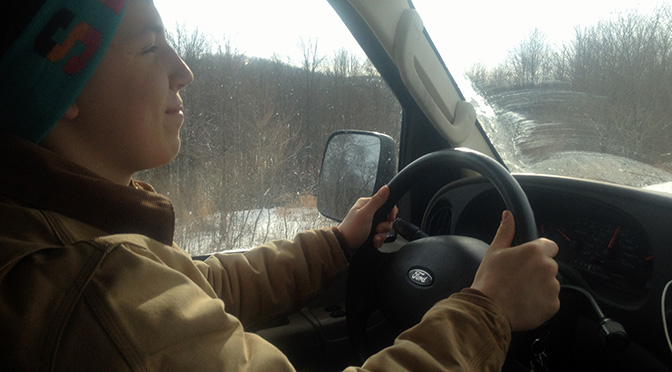
Now I look at a young man—who, not coincidentally, mirrors my teenage visage—and wonder at how I am to continue to father him. Do I continue to decide for him, protect him, do for him? Yes. I think. But all the more (and he feels it, too) I feel a strong pull to release. To allow more and greater freedoms, to choose his own way—even if he is damaged, or damages in the releasing.
That goes against all I have done for a time that spans nearly seventeen years now. How can I change?
Then I look around me and see a boy of thirteen, his brother’s shadow, who longs to escape both that shadow and the close oversight of his father; and mother. Not merely to reject; nor rebel. More so to be. To be a person. Himself.
It is even becoming evident in my first daughter. She is “only” eleven, but wanting to be all of her oldest brother’s age, experience, freedoms. She can not. Time has not made her an equal with him. She will forever be chasing him. (Unless she relinquishes the chase of her own choosing.)
Beyond those Children-Becoming-People, we have three more Small Ones who laugh and play and love (and fight, and fight back) … and remind me of the familiar stage of fathering.
Through all of this, maybe especially as I am noticing the markedly different stage of relationship with my oldest children, I truly do grow in appreciation for my own father, and the father of my children’s mother. I often see the differences between each of them and myself—that’s so easy to do, no?—but in such times, I see the mirror of me. I smile at the thought that they have been here, too—and, on the whole, all is well beyond.
I am not yet old, but I’m moving toward it. I have less hair than I did before I was a father. My beard shows a few gray hairs, perhaps. But the men whom I call Dad proudly display in their faces and bodies the years of experience I hope to have. Watching their own children become and be People. Learning to navigate the new stages of relationship, as Dad.
It’s not bad. It’s more good than I probably realize. It’s not easy. I wouldn’t want it any other way.
All I hope is that my kids know—without doubt—that I will always love them, more than they can know (maybe until they have offspring of their own), and far beyond that, they are loved beyond knowing by their Creator.
If I can help them to know that, and to live in love because of that, these challenges will have all been worth whatever cost they have levied.
Then, blessing beyond blessing, the Ones God has given me to raise would know the same things I am knowing now.
If Jesus does not return, may that be so.
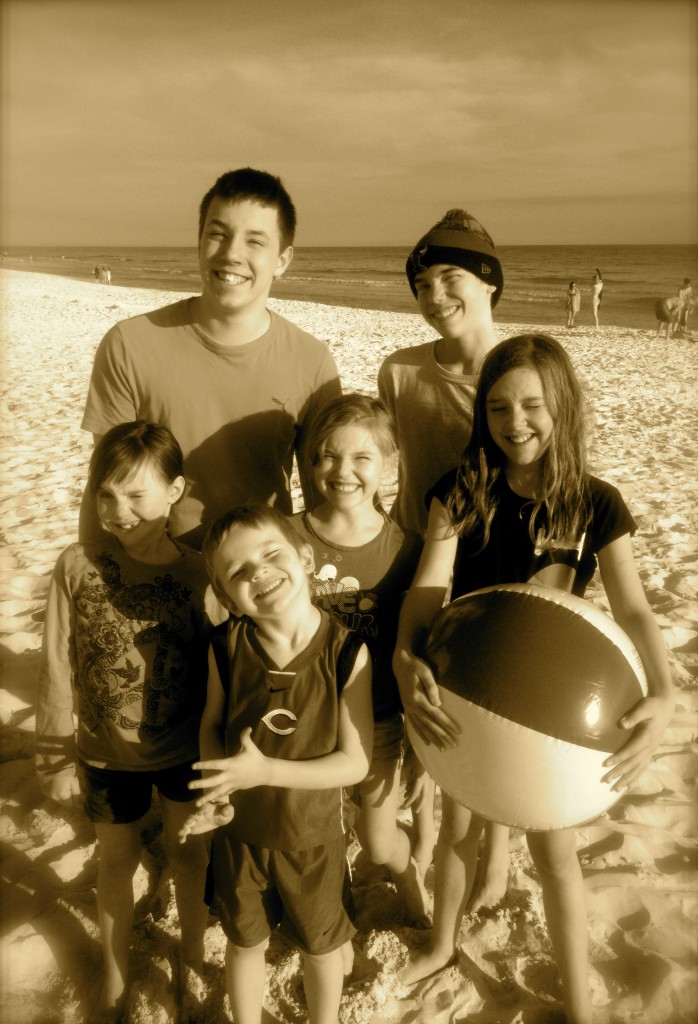

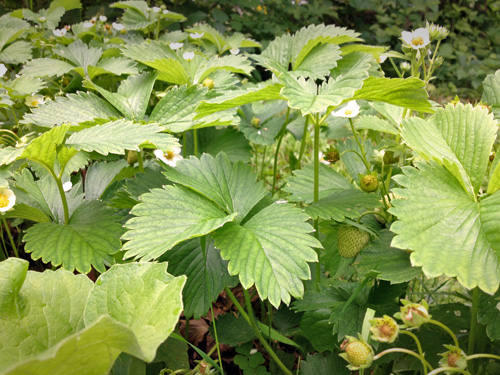
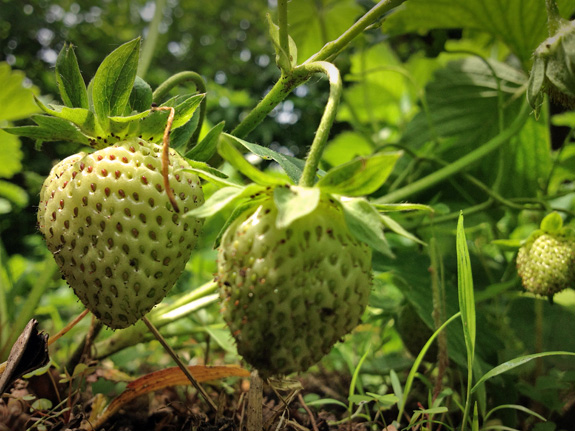
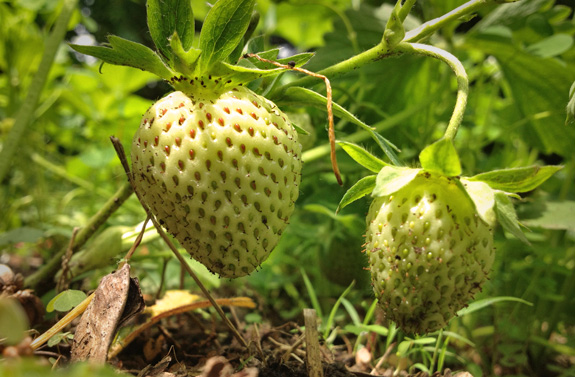

 Parenting is not for the faint of heart.
Parenting is not for the faint of heart.